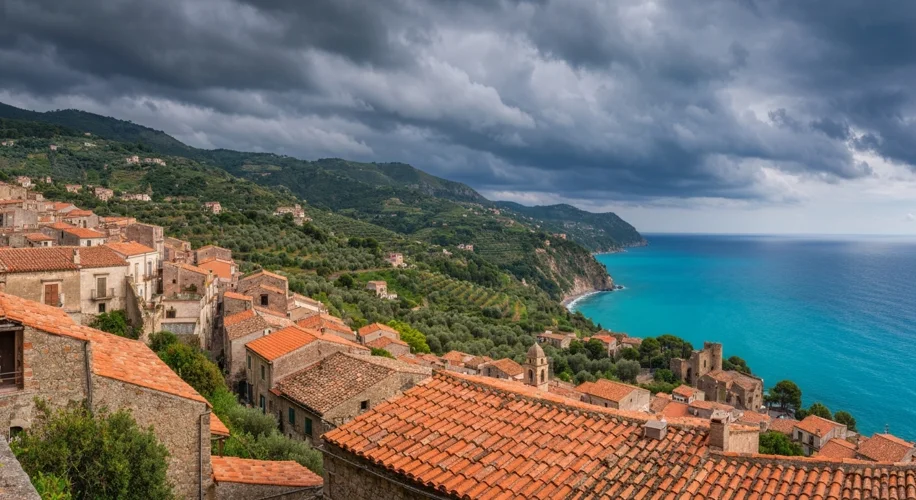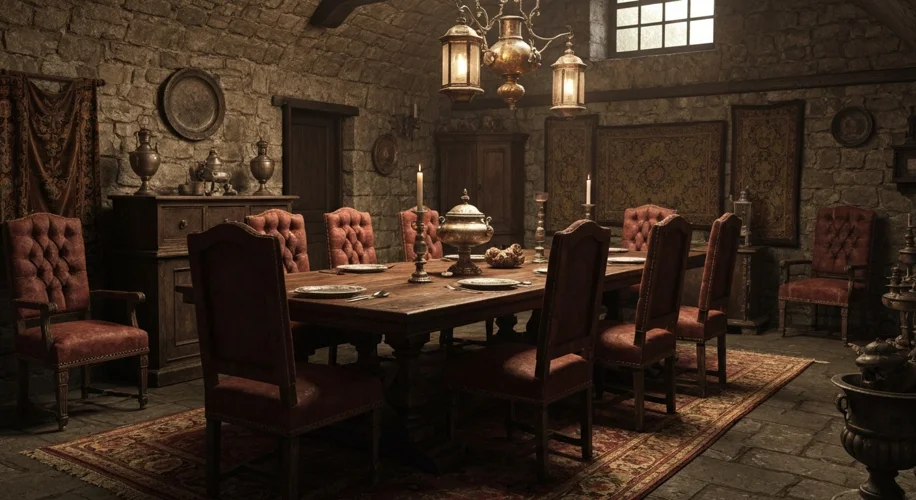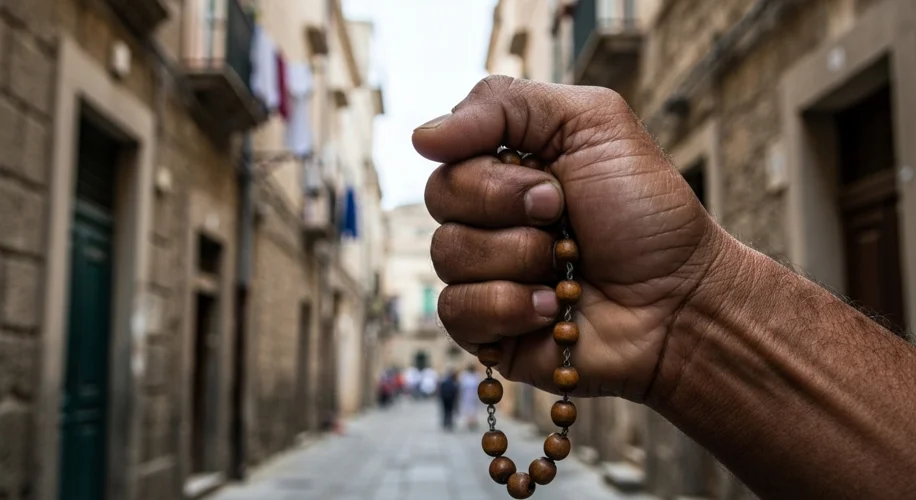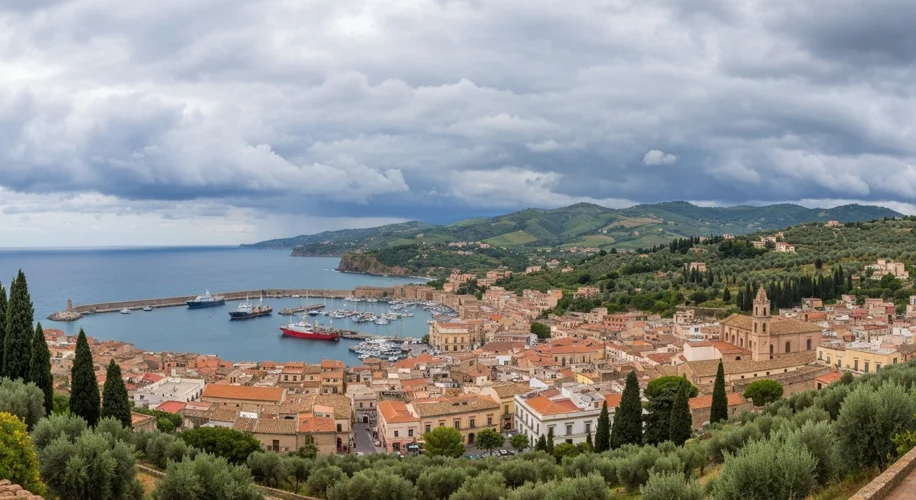Sicily, a sun-drenched island at the heart of the Mediterranean, conjures images of ancient ruins, vibrant culture, and a history as complex and layered as its famous pastries. But for many, Sicily also evokes a darker, more formidable presence: the Mafia. The game “Mafia: The Old Country” invites players to explore this dual nature, delving into a past where honor, family, and survival were intertwined with a code of conduct that shaped not only the island but also the world.
To understand the allure and the danger, we must first step back in time. Sicily’s strategic location made it a prize coveted by empires – Greeks, Romans, Arabs, Normans, and Spanish – each leaving their indelible mark. This constant flux of rulers fostered a deep-seated sense of independence and a distrust of distant authority. For the Sicilian peasant, survival often depended on local networks and unwritten laws, a fertile ground for the rise of informal power structures.

The concept of omertà, the code of silence, is central to the Mafia’s mystique. It is more than just a refusal to speak to authorities; it is a cultural imperative born from centuries of oppression. When the law is perceived as an enemy, or simply absent, loyalty to one’s community and family becomes paramount. This environment created a landscape where protection rackets, feuds, and intricate systems of favors flourished, often blurring the lines between legitimate and illicit means of survival.
The game “Mafia: The Old Country” aims to capture this volatile atmosphere, immersing players in a Sicily where the scent of citrus groves mingles with the ever-present threat of violence. It explores the lives of individuals caught in this web – men bound by oath, women navigating a patriarchal society, and ordinary people seeking a semblance of order in a chaotic world.
The origins of the Mafia are often traced to the 19th century, a period of significant social upheaval and political change in Sicily. The abolition of feudalism and the unification of Italy created a power vacuum, which the cosche (Mafia families) expertly filled. They offered a form of ‘justice’ and protection that the state could not or would not provide, albeit at a steep price. This provided the early Mafia with a social base, making them seem like protectors rather than predators to some.
Key figures within this narrative are not always the gun-toting stereotypes. They include the capo (boss), whose authority is absolute; the consigliere (advisor), who offers wisdom; and the soldiers who carry out orders. But equally important are the women who managed households, raised children, and often held the threads of family honor, even while their husbands, fathers, or sons operated in the shadows. The game likely presents a nuanced view, showcasing the ambition, the desperation, and the complex loyalties that drove individuals to embrace or resist this powerful organization.

The consequences of the Mafia’s deep roots in Sicilian society are far-reaching. It has hindered economic development, corrupted political systems, and cast a long shadow of fear. Yet, it has also become an intrinsic part of Sicilian identity for some, a dark romanticism intertwined with tales of defiance and cunning. The Mafia’s story is not just one of crime; it is a story of power, culture, and the enduring human struggle for control in the face of adversity.
Analyzing the Mafia’s historical impact reveals a complex interplay of social, economic, and political factors. The persistent allure of illicit power, particularly in regions with weak governance and significant economic disparities, cannot be overstated. “Mafia: The Old Country” offers a compelling lens through which to examine this enduring phenomenon, reminding us that behind every myth lies a history, often brutal, often tragic, but always profoundly human.

The game serves as a potent reminder that while the methods of power may evolve, the human motivations behind them – greed, ambition, loyalty, and the primal need for security – remain constant. Sicily, in its past and present, continues to be a powerful testament to this.

